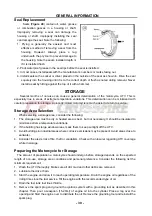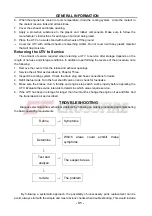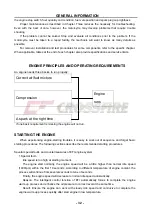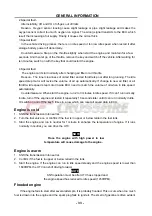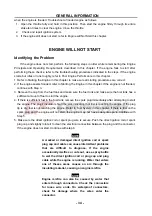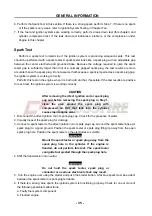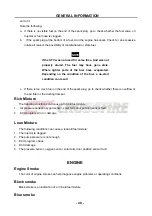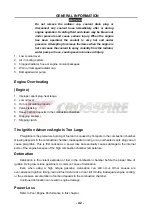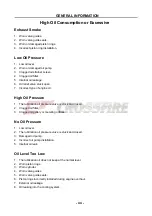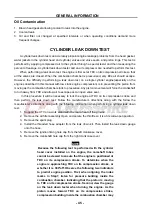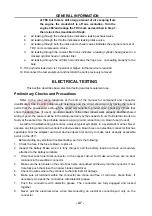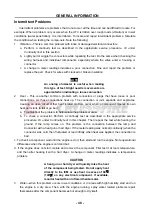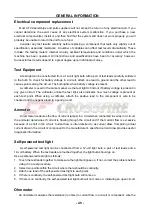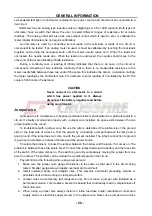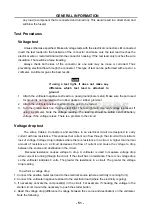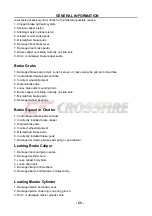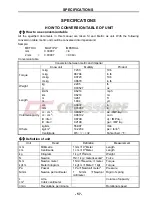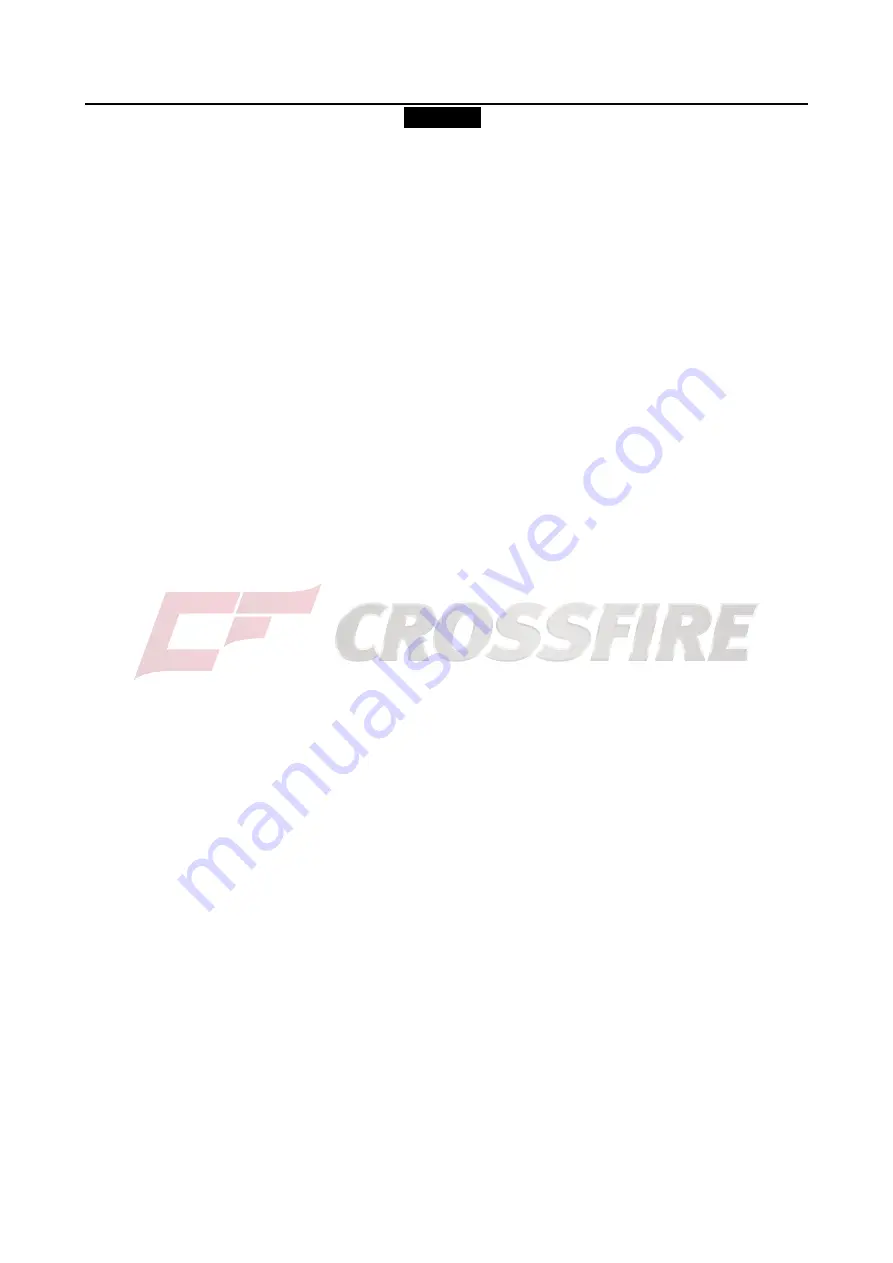
GENERAL INFORMATION
- 42 -
WARNING
Do not remove the radiator cap, coolant drain plug or
disconnect any coolant hose immediately after or during
engine operation. Scalding fluid and steam may be blown out
under pressure and cause serious injury. When the engine
has been operated, the coolant is very hot and under
pressure. Attempting to remove the items when the engine is
hot can cause the coolant to spray violently from the radiator,
water pump or hose, causing severe burns and injury.
1. Low coolant level.
2. Air in cooling system.
3. Clogged radiator, hose or engine coolant passages.
4. Worn or damaged radiator cap.
5. Damaged water pump.
Engine Overheating
(Engine)
1. Improper spark plug heat range.
2. Low oil level.
3. Oil not circulating properly.
4. Valves
leaking.
5. Heavy carbon deposits in the combustion chamber.
6. Dragging
brake(s).
7. Slipping
clutch.
The Ignition Advance Angle Is Too Large
Preignition is the premature burning of fuel and is caused by hot spots in the combustion chamber.
Glowing deposits in the combustion chamber, inadequate Cooling or an overheated spark plug can all
cause preignition. This is first noticed as a power loss but eventually causes damage to the internal
parts of the engine because of the high combustion chamber temperature.
Detonation
Detonation is the violent explosion of fuel in the combustion chamber before the proper time of
ignition. Using low octane gasoline is a common cause of detonation.
Even when using a high octane gasoline, detonation can still occur. Other causes are
over-advanced ignition timing, lean air/fuel mixture at or near full throttle, inadequate engine cooling,
or the excessive accumulation of carbon deposits in the combustion chamber.
Continued detonation can result in engine damage.
Power Loss
Refer to Poor Engine Performance in this chapter.



